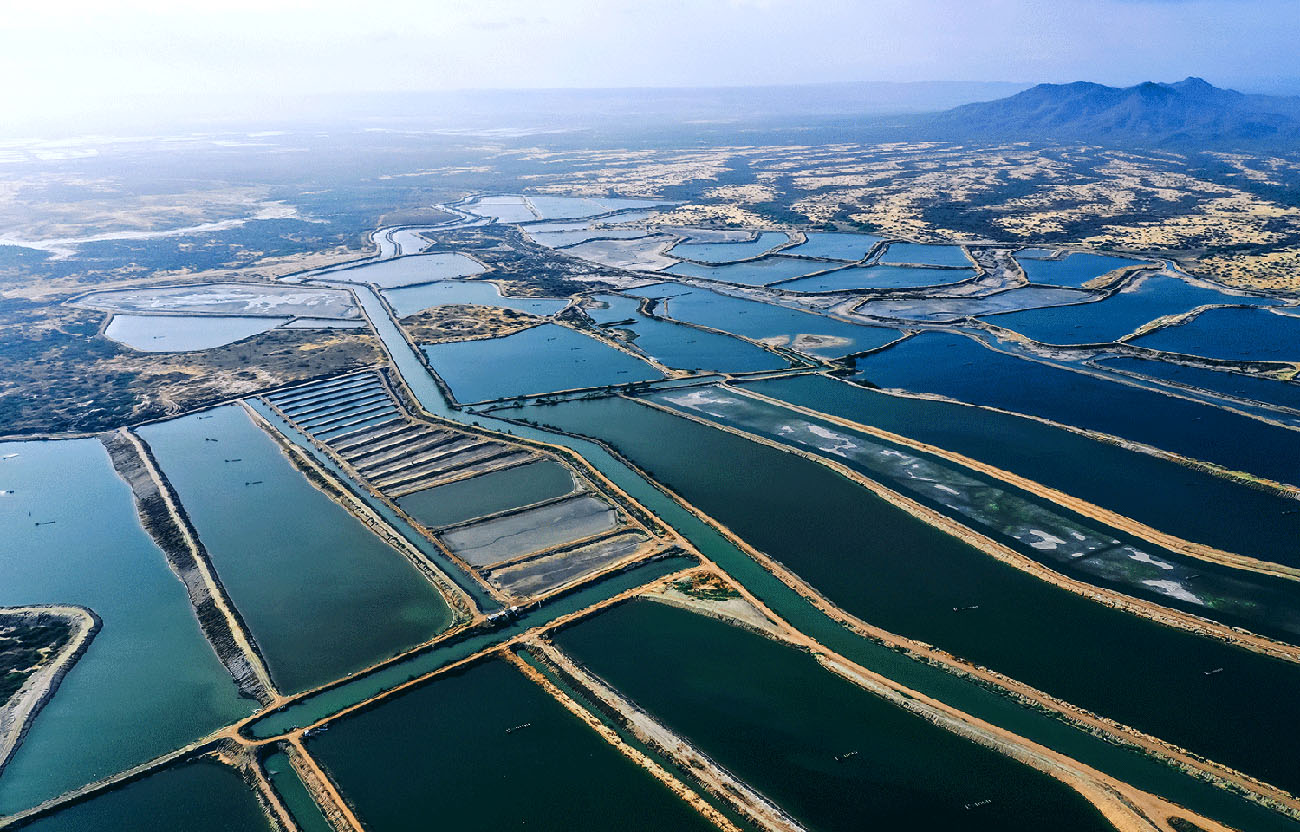The U.S. Department of Commerce (DOC) is planning to hit shrimp exporters in Ecuador, India, and Vietnam with higher countervailing duties once it posts its preliminary determinations to the Federal Register.
The DOC released its preliminary determinations on 26 March, finding the three countries, as well as individual companies in those countries, benefited from subsidies that gave them an unfair advantage in the U.S. market between 1 January and 31 December 2022.
As a result of the findings, shrimp exports from the three countries to the U.S. will be hit with a minimum countervailing duty once the findings are posted to the Federal Register, and certain companies will face either higher or lower rates depending on the DOC’s findings – which it will finalize in September.
Based on the preliminary determination, Ecuador is facing a 7.55 percent countervailing duty on all shrimp exports to the U.S. On a company level, Sociedad Nacional de Galapagos is facing a 1.69 percent rate, and Industrial Pesquera Santa Priscila is facing a duty of 13.41 percent.
India is facing an overall countervailing duty rate of 4.36 percent. By company, Devi Sea Foods is facing a slightly higher 4.72 percent rate, and Sandhya Aqua Exports, Neeli Sea Foods, Vijay Aqua Processors, and Neeli Aqua Farms are facing a rate of 3.89 percent.
Vietnam was given the lowest duty rate of 2.84 percent, and Soc Trang Seafood Joint Stock Company in particular is also facing a rate of 2.84 percent. However, one company, Thong Thuan Company, is facing a countervailing duty of 196.4 percent, which the DOC said is “based on adverse facts available.”
The fourth country that was investigated, Indonesia, was found to have subsidy rates below the amount requiring countervailing duties, the DOC said.
The preliminary determination is not final, and the department will not make its final determination until 5 August 2024. Subsequently, the International Trade Commission (ITC) must make its own final determination on 19 September before an order may or may not be issued on 26 September. An order will only take place, the DOC said, if both the department and the ITC find that the shrimp industries of the three countries received subsidies from their governments.
Once the preliminary determinations are published to the Federal Register, importers will be required to place cash deposits equal to the rates determined by the DOC for up to four months with U.S. Customs and Border Protection.
Based on historical data, if the duties stand, the countries' industries will be paying significantly more to export shrimp to the U.S.
Ecuador, for example, was estimated by the DOC to have sent over USD 1.4 billion (EUR 1.3 billion) in shrimp products to the U.S. in 2022. If all those exports were hit with just the proposed countervailing duty rate, that represents over USD 100 million (EUR 92.4 million) in additional duties – not including the higher 13.41 percent rate Santa Priscila is facing.
The new countervailing duties are only just one part of the DOC’s investigations; the department is also performing an ...








